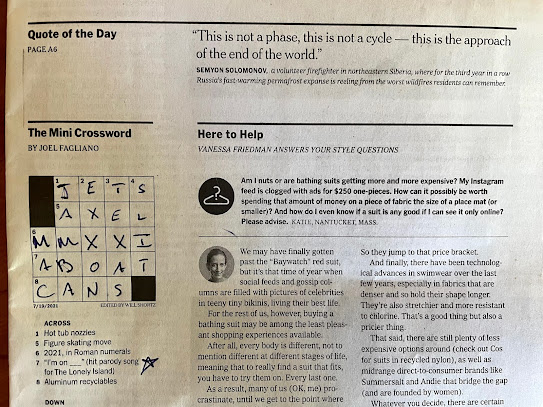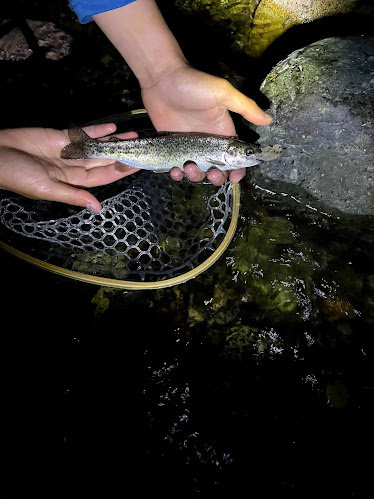This evening I took my paddleboard to Green Lake and I actually stood up on it.
Yay! Go me!
Below is a map of my excellent adventure.
I started up at the northwest corner of Green Lake. The water was calm and still so I decided to stand. Which is the first real time I've stood on my paddleboard since I've owned it. When I paddleboarded in Tofino on Vancouver Island, British Columbia, I stood up just fine. Since then, I've gotten a case of the jitters. I don't feel so bad since 80% of the paddleboarders I see in Seattle are also sitting. Standing was fine, except I couldn't look around. I was too focused on the water directly in front of me instead of looking around for birds.
The yellow line is where I stood on my paddleboard. The green is where I sat. At the end of the first yellow, I heard the wind roar through the trees and punted--I was back on my bottom.
As I turned south, the wind and the waves picked up. My paddle board rocked in the water, but I was moving along fine. I had to paddle on my left side to keep my board going in a straight line. As soon as I switched to my right hand, I was turning and heading straight back to shore. This is interesting, I thought. it was harder than I thought, but I was doing okay.
Part of my problem is that I didn't really think of Green Lake as a real lake. I've walked around it hundreds of times since I moved to Seattle, but this is only the second time I've been in or on the water. I had thought of it like a Disneyland lake or something equally contrived and perfect and not impacted by forces of nature. I mean, it is not like Lake Washington or Lake Union or the Puget Sound. I had thought those were real bodies of water. Green Lakes was like--meh--not a real lake. The first time I paddleboarded on Green Lake last weekend, it was easy-peasy. The weather was hot and sunny and water was calm. There was a gentle breeze. Most of the people on the water were laying down on their paddleboards either sleeping or sunbathing.
Not so today. The wind and waves were such that if I stopped paddling I would have drifted to shore.
"This is kind of hard," I thought realizing that Green Lake is a real lake. If I am struggling on this glorified pond, how on earth did people manage to get across the ocean before steam engines were invented? I started humming Row, Row, Row Your Boat to myself to distract myself from the wind and waves.
Once I got to the south end of the lake, I turned around to head back. I wanted to paddle past my favorite part--the lily pads and lotuses.
Except I couldn't.
I turned around just fine, but I was rowing against the wind and the current, which were not subtle. I looked to the shore and I saw a father and daughter walking. I paddled and paddled and I looked at the shore again.
I saw the same father and daughter, except this time they were watching me. That was when I realized I wasn't moving. I paddling and staying in the same spot.
Which totally sucked.
I wanted to go to the lily pads and then back to my car, but the wind and water had other plans.
I was at the opposite end of the lake from where I parked my car. I seriously considered taking my board ashore and walking a mile and a half carrying my paddleboard back to the parking lot. The paddleboard isn't super heavy, but it is cumbersome. It is a pain in the neck just to get it the 200 feet from the parking lot to the water. I didn't think I'd make the mile walk. Maybe if there were an unexpected thunderstorm I would have gotten out of the water, but this is Seattle. We don't have thunderstorms.
Instead of paddling towards the lily pads, I went in a direction that I could go, where the wind and water would take me. I ended up heading straight north, and I was able to clip along fine without getting stalled.
I still wanted to see the lily pads, so once I made it far enough north, I tried to cut over to the left.
Success! I saw the lily pads! I started to stall a little bit again, so I got back to a spot where the water and wind would take me.
I paddled past Duck Island, where I saw a dozen ducks going home after a day of ducking. Just east of Duck Island, the wind was minimal. I took off my shoes, tucked them into my bungee cords and stood up. I paddled my way back to the launch spot.
In typical Seattle fashion, I saw both a beautiful heron standing majestically on a log, and a rat scampering along the shoreline, probably cleaning up after a day of picnics at the park.
But that is the wonder of the water.







